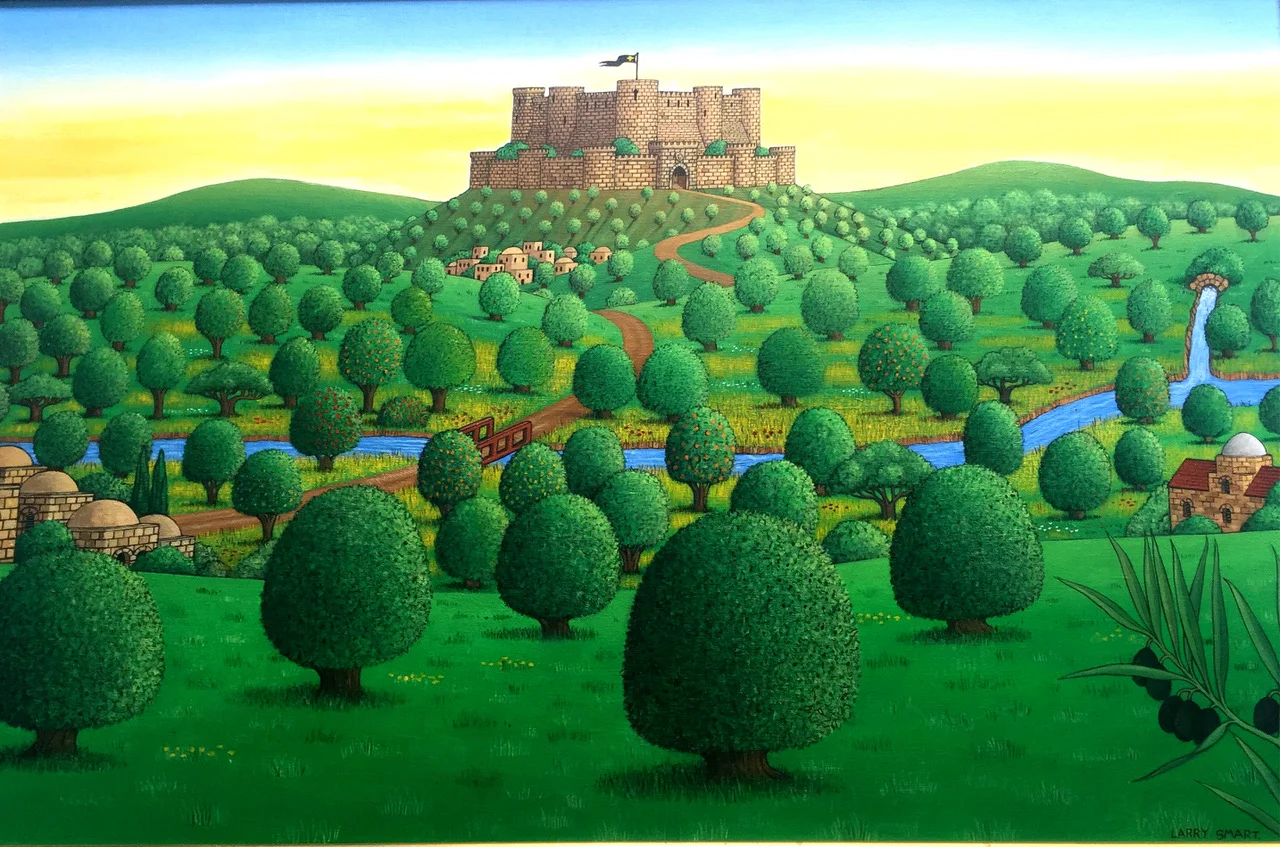How can we free organic from its self-imposed bureaucratic box? We could always ask Brussels to privatize us, says Craig Sams
Q. What do Slow Food, LEAF, Fairtrade, Rainforest Alliance, Cosmos, Marine Stewardship Council, Red Tractor, Vegan, Vegetarian, Forestry Stewardship Council (FSC) and Woodmark all have in common?
A. They all operate trusted authentication symbols that are 100% independent. They can decide what they can certify and how they can certify.
Q. What do the Soil Association, Ecocert, EKO, KRAV, Nature et Progres, OCIA, QAI, OFF, OF&G and 400 or so other organic symbols have in common?
A. They operate trusted authentication symbols that are 100% Government-controlled. They cannot decide what they can certify and how they can certify.
This ‘nationalisation’ of organic certification didn’t happen by accident or by force, we actually asked for it. The independent symbols have grown organically to global respect and stature while the organic ‘brands’ have been stifled in their self-imposed bureaucratic box.
“This ‘nationalisation’ of organic certification didn’t happen by accident or by force, we actually asked for it”
Back in the late 1980s I got to know key players at the Soil Association (up till then we were OF&G licensees). When I heard they were seeking to get the EU to enforce organic standards I was dismayed. Francis Blake of IFOAM and the Soil Association told me that if I wanted to have any influence I should stand for the Soil Association board. I did and didn’t get elected. Boo Hoo. But the Council wanted me anyway and appointed me Treasurer In 1990. I argued from within against letting our precious organic standards go under the control of the agricultural departments which subsidised industrial farming and were 100% behind GMOs. Regrettably the train had already left the station and, short of tying myself to the tracks, there was nothing I could do to stop it.
The infant organic industry was stressed about fraudulent claims and thought calling in big brother would stop that. In fact the opposite happened. When the Soil Association sampled a licensee’s oat flakes a few years ago and found chlormequat residues at quite a high level they told the licensee to take them off the market. Defra and UKAS and the oat processor who supplied them all cried foul. The paperwork was in order, that was all that mattered to the enforcers. The Soil Association came close to being banned from certifying but luckily the horsemeat scandal broke out and the EU said lab sampling of products should be permitted.
Not long ago the most venerable players of the organic world came together, along with the new-kid-on-the-block Regeneration International, to call for “Organic 3.0,” a nice term for evolved organic standards that combine elements of Slow Food, Fairtrade and a less oppressive certification regime for small farmers or farmers who regularly perform well on inspections. It’s a great idea and just the breath of fresh air that the organic movement needs. Meanwhile the EU organic officials are mired in endless delays just to bring about a much-needed update of existing organic standards. The latest review should have been completed long ago and is still years away. The consensus of Organic 3.0 hasn’t helped move things along in Brussels.
Regeneration International and IFOAM are setting their sights on the COP 22 convention in Marrakech in November 2016. This is the follow up to the Paris COP 21 climate talks last November. More than 170 countries have signed up to the Paris agreement, but the detail is still fluffy. Marrakech will focus on how farming and sequestration of carbon in the soil can stop global warming. We are losing 39 football fields of soil every minute thanks to farming – not one of those football fields is organic. The French will be promoting ‘4 per 1000.’ They say if we could increase soil organic matter by 0.04% each year it would offset ALL of our annual global greenhouse gas emissions. Organic farming increases soil organic matter by 0.1% per year, or ’10 per 1000.’ So organic’s the easy route to compliance with the Paris agreement and it regenerates soil for future generations instead of stealing it from them for cheap food today. With composting, crop rotation, fallowing, agroforestry, permaculture, biochar and other organic inputs farming could easily be 100% of the solution to global warming instead of 30% of the problem. But the Governments that control farming are hostages to the agribusiness lobby. If we can’t beat them can we go around them?
All those other independent organisations need the organic movement to join forces with them, indeed lead them. Organic agriculture is at the heart of the drive towards our shared environmental goals. Can we just ask Brussels nicely to privatise us? It works for everything else. Might be worth a go. The existing regulations cover claims like ‘organic,’ ‘biological, ‘økologisk’ or ‘Ecological’, so if privatization was off the menu and we wanted our freedom we’d need to find a new name to break free of Brussels and Washington.
Regeneration International, born out of the Organic Consumers Association, applies organic principles to food, climate, biodiversity, small farmers and health. So, how about ‘Regenerative?’











